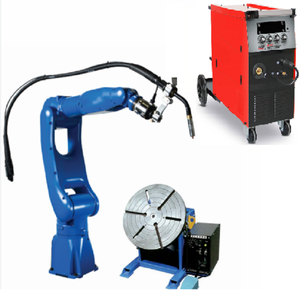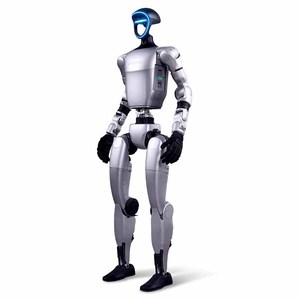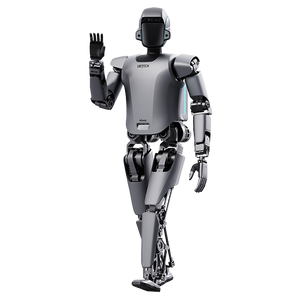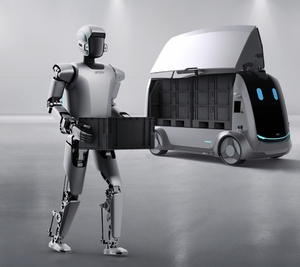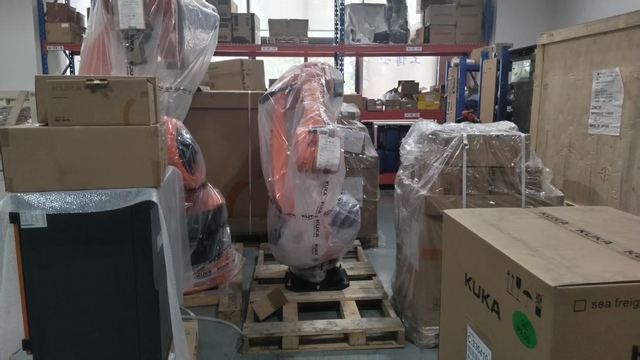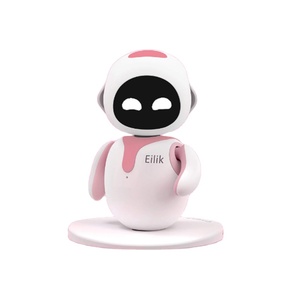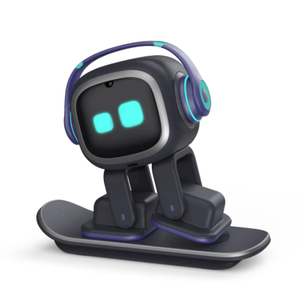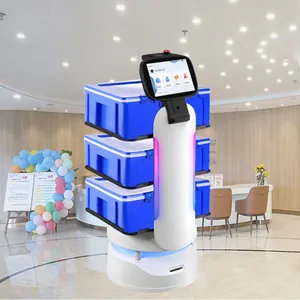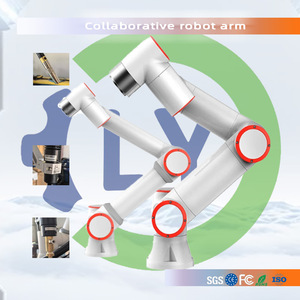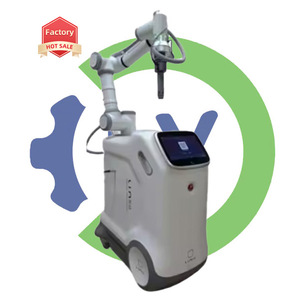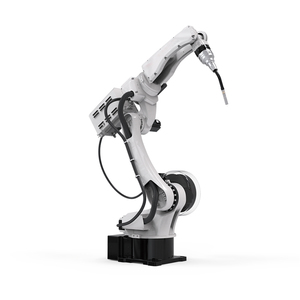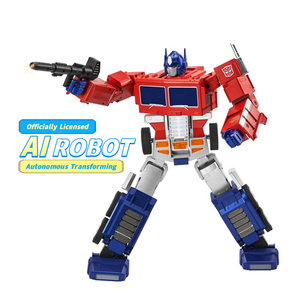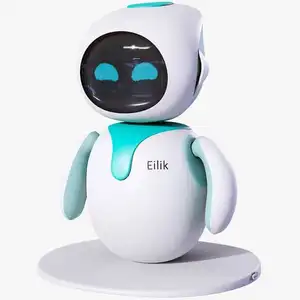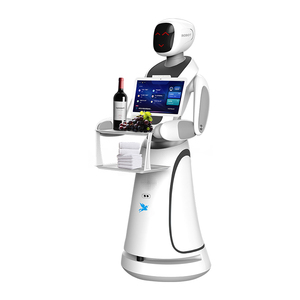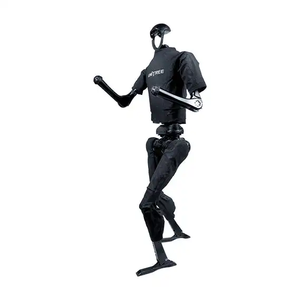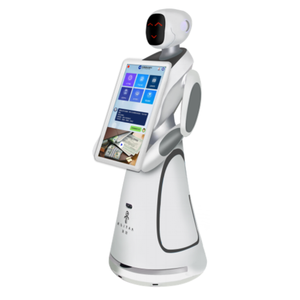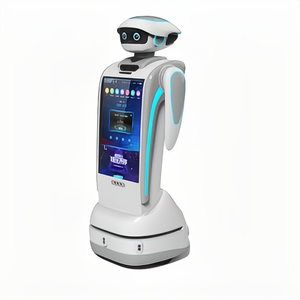Robots

 0
0



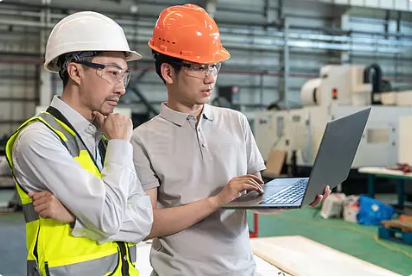

 1/3
1/3

 0
0
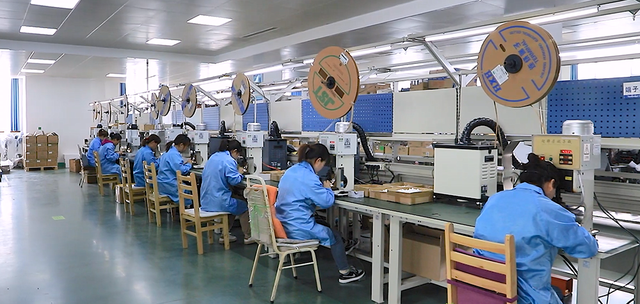

 1/3
1/3





 1/33
1/33



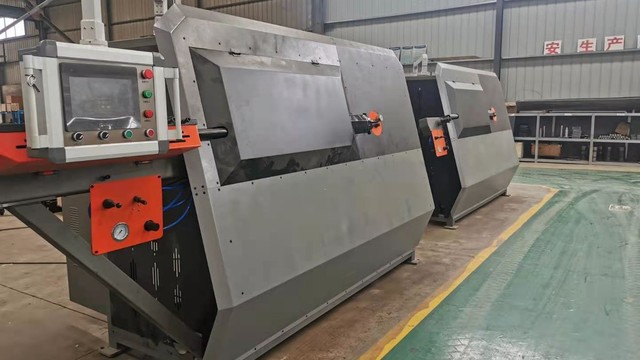

 1/15
1/15






 1/14
1/14





 1/16
1/16


 1/3
1/3


 0
0

 CN
CN









 1/29
1/29


 1/3
1/3




 1/16
1/16


 1/3
1/3




 1/3
1/3


 1/3
1/3


 1/3
1/3


 0
0


 1/3
1/3
About robots
Where to Find Robot Suppliers?
China remains a dominant force in the global robotics manufacturing sector, with key production hubs concentrated in Guangdong, Jiangsu, and Beijing. These regions host vertically integrated supply chains that support rapid prototyping, mass production, and export logistics for industrial, commercial, and consumer-grade robots. Shenzhen and Wuxi are emerging as centers for humanoid and AI-driven robotics, leveraging proximity to semiconductor suppliers and advanced automation component manufacturers. This clustering reduces component procurement time by 25–40% compared to decentralized production models.
The ecosystem supports diverse robot categories—from service and delivery robots to intelligent companions and industrial humanoids—enabling scalable output with lead times averaging 15–30 days for standard configurations. Localized access to precision motors, LiDAR sensors, and AI chipsets allows suppliers to maintain cost efficiency, with production costs typically 20–35% lower than equivalent Western facilities. Buyers benefit from flexible MOQs, ranging from single units for R&D to bulk orders exceeding hundreds of units for commercial deployment.
How to Choose Robot Suppliers?
Selecting reliable robotics suppliers requires rigorous evaluation across technical, operational, and transactional dimensions:
Technical & Functional Validation
Verify product specifications against use-case requirements, including degrees of freedom (DOF), AI integration level, autonomy features, and power management systems. For humanoid or collaborative robots, confirm software compatibility (e.g., ROS support), sensor fusion capabilities, and voice/dialogue interface performance. Request firmware update logs and SDK access details for programmable models.
Production and Quality Assurance
Assess supplier infrastructure using the following benchmarks:
- Facility size and automation level—prioritize suppliers with dedicated assembly lines and testing bays
- In-house R&D teams capable of supporting customization
- Compliance with international standards such as CE, FCC, RoHS, or ISO 9001 (where documented)
- On-time delivery rates above 90% and response times under 24 hours
Cross-reference claimed capabilities with verifiable transaction data, including online revenue metrics and reorder rates indicative of customer retention.
Procurement Safeguards
Utilize secure payment mechanisms such as escrow services to mitigate risk. Require functional prototypes or pre-shipment inspection reports before full disbursement. Evaluate warranty terms, technical support availability, and spare parts logistics—especially critical for long-term deployments. Conduct video audits of production floors when physical visits are not feasible.
What Are the Best Robot Suppliers?
| Company Name | Main Products | Price Range (USD) | MOQ | On-Time Delivery | Response Time | Reorder Rate | Online Revenue |
|---|---|---|---|---|---|---|---|
| Wuxi Benefit Technology Co., Ltd. | Humanoid Robots, Autonomous Guide Robots | $5,990 – $16,000 | 1 set/piece | 100% | ≤1h | 20% | $10,000+ |
| Xiangjing (Shanghai) Mechanical and Electrical Tech Co., Ltd. | Industrial Humanoid Robots, AI Humanoids | $23,000 – $99,999 | 1 piece | 100% | ≤7h | 16% | $50,000+ |
| Shenzhen Manyou Technology Co., Ltd. | AI Desktop Robots, Toy Robots, Emo Robots | $79 – $488 | 1–2 pieces | 94% | ≤1h | 15% | $20,000+ |
| Luterre Inc | AI Companion Robots for Children | $115 – $500 | 10–300 bags | - | ≤16h | - | - |
| Beijing LJ Robot Technology Co., Ltd. | Collaborative Robots, Charging Robots, Service Robots | $2,600 – $3,800 | 1 set | 50% | ≤1h | 100% | $10,000+ |
Performance Analysis
Wuxi Benefit Technology stands out for high-value humanoid robotics with consistent on-time delivery and rapid responsiveness, making it suitable for buyers prioritizing reliability in advanced robot procurement. Xiangjing (Shanghai) targets premium industrial applications with prices exceeding $90,000 per unit, backed by strong online revenue and perfect delivery performance. Shenzhen Manyou offers entry-level AI and toy robots at competitive pricing, ideal for educational or consumer markets. Beijing LJ Robot Technology shows the highest reorder rate (100%), indicating strong post-sale satisfaction despite a lower on-time delivery score, suggesting potential logistical bottlenecks. Luterre Inc presents higher MOQs and limited performance data, requiring additional due diligence.
FAQs
How to verify robot supplier reliability?
Validate compliance with relevant safety and electromagnetic standards (CE, FCC, RoHS). Request evidence of product testing, software version control, and after-sales support structures. Analyze reorder rates and response times as proxies for service quality. Conduct third-party inspections or video audits for high-value orders.
What is the typical lead time for robot shipments?
Standard orders are fulfilled within 15–25 days after confirmation. Custom configurations involving AI training, mechanical modifications, or proprietary software integration may require 30–45 days. Air freight adds 5–10 days for international delivery; sea shipping takes 25–40 days depending on destination.
Can robot suppliers accommodate customization?
Yes, many suppliers offer hardware and software customization, including branding, sensor integration, dialogue scripts, and mobility adjustments. Submit detailed technical requirements early in negotiations. High-end humanoid models may allow DOF adjustments, while service robots can be reprogrammed for specific navigation or interaction tasks.
Do suppliers provide samples?
Sample availability depends on model complexity and price point. Entry-level robots (under $500) often allow single-unit sampling. For high-cost humanoids (above $10,000), suppliers may require partial payment or deposit for sample units. Confirm return policies and testing windows prior to shipment.
What are common payment and shipping terms?
Common payment methods include T/T, L/C, and platform-based escrow. FOB terms are standard; CIF is available upon request. Suppliers typically partner with freight forwarders for global shipping. Buyers should verify import regulations related to lithium batteries, AI software exports, and robotic device classification in their respective markets.







